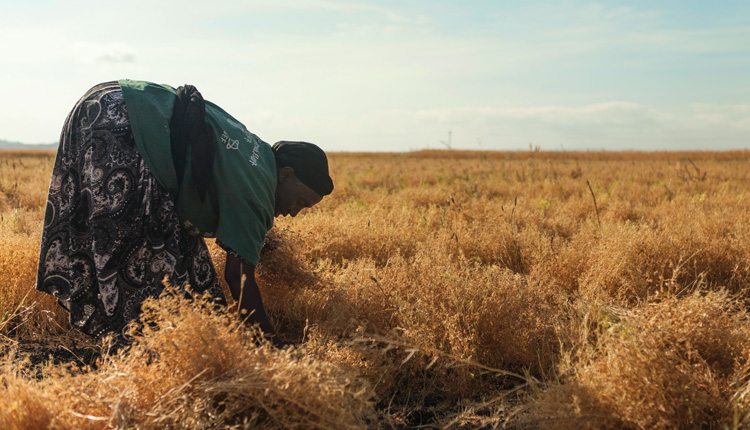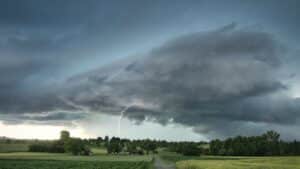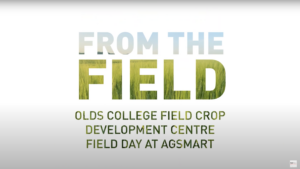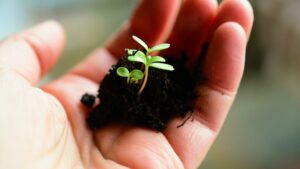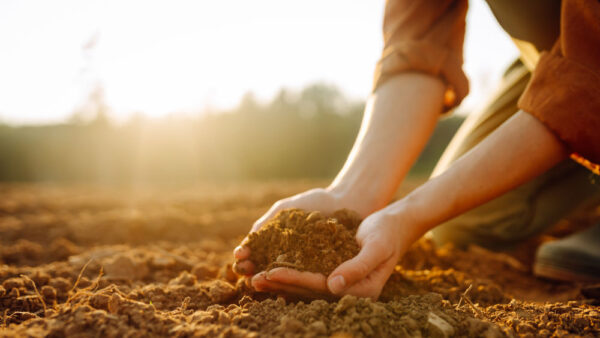The International Center for Agricultural Research in the Dry Areas has managed to survive major regional turmoil and kept a light shining during a dark time in its history.
_x000D_
2016 will be a year to remember, but what do we want to remember it for?_x000D_
_x000D_
This year, the entrenched Syrian crisis continues to exert a drastic humanitarian toll. The war has so far claimed 400,000 lives, wounded another 1.4 million people, and displaced millions within and outside the country with much human suffering. Political unrest is also fuelled in other dryland regions around the world, particularly in the Middle East and North Africa where farming and food security are increasingly threatened by desertification, water scarcity, climate variability and food insecurity._x000D_
_x000D_
The United Nations declared 2016 the International Year of Pulses. This is also the year that nations of the world are signing a historic climate change treaty that commits 196 nations to slowing greenhouse gas emissions and building resilience to unstoppable climate changes. Pulse crops are tremendously diverse and have significant environmental benefits, in particular with their low- water and carbon footprints._x000D_
_x000D_
The Solution_x000D_
_x000D_
In order for farmers to take advantage of what pulse crops have to offer, the big challenge is making sure they have access to the right seeds for their growing conditions. This means safeguarding the irreplaceable genetic resources that are the building blocks for sustainable agriculture and food security in the face of changing climates. Over more than five decades, through hundreds of field collection missions in the Fertile Crescent and beyond, the International Center for Agricultural Research in the Dry Areas (ICARDA) has painstakingly assembled a germplasm ‘treasure trove’ for cultivated and wild plants, including legume and rhizobium species, many of which are now extinct._x000D_
_x000D_
To achieve prosperity, better nutrition and wellbeing, rural dryland communities need technological packages that fit with the complex dynamics at the farm, community, national and regional level. Since the 1970s, ICARDA has worked with 60 national programs to generate hundreds of improved, high-yielding, resilient crop varieties and to strengthen village-based seed enterprises._x000D_
_x000D_
Resilience to Crisis_x000D_
_x000D_
When the Syrian crisis erupted, ICARDA scientists were evacuated from their headquarters in Aleppo and given access to laboratories and research stations in Morocco, Ethiopia, India, Egypt, Lebanon, Jordan, Turkey and Uzbekistan, where they continue their important work through the CGIAR global research programs (CRPs) and more than 120 research projects for sustainable agricultural development. The entire germplasm collection, which ICARDA holds in trust for the international community, was secured through duplications and safe storage in Morocco and Lebanon, as well as the Global Seed Vault in Svalbard, Norway, which holds 80 per cent of ICARDA’s genetic resources._x000D_
_x000D_
ICARDA has managed to survive major regional turmoil and kept a light shining during a dark time in its history through the support of national programs, the CGIAR donors and others. Safe duplication and storage of the seeds entrusted to ICARDA represents a source of tremendous hope for rebuilding the agricultural sector and agricultural research institutions in Syria and in post-conflict countries such as Afghanistan and Iraq._x000D_
_x000D_
Let’s remember 2016 as the year the world decided to capitalize on decades of scientific knowledge and millennia of agricultural biodiversity by investing in the immense potential of pulse crops._x000D_
_x000D_
For more information about ICARDA, visit icarda.org.


